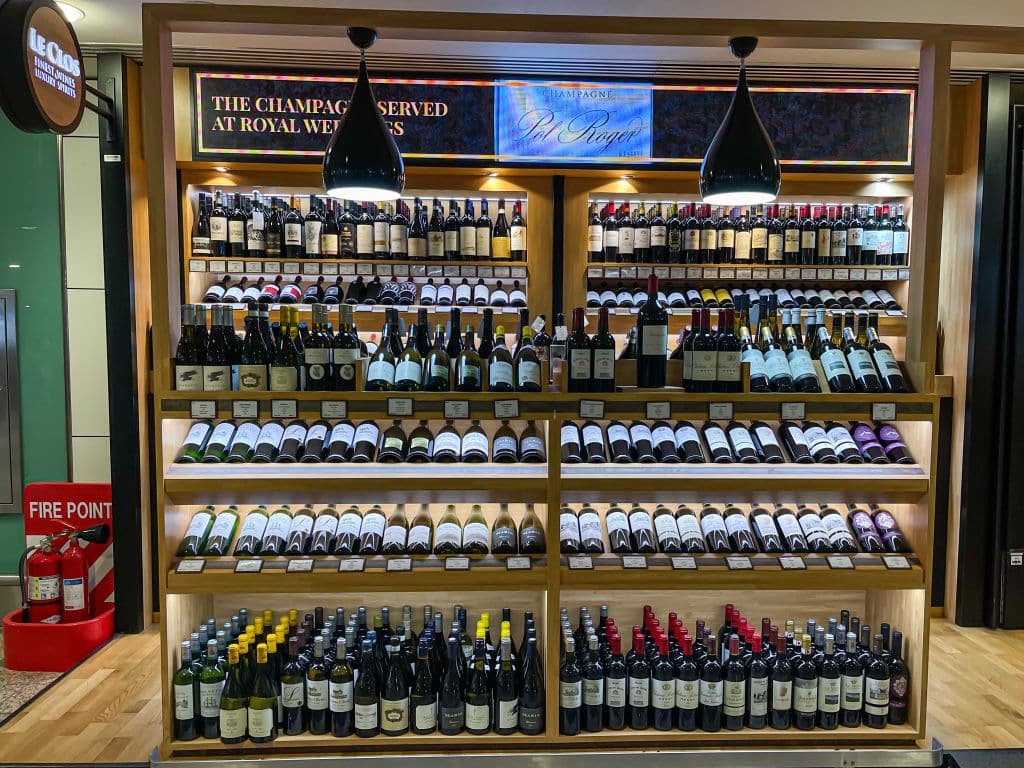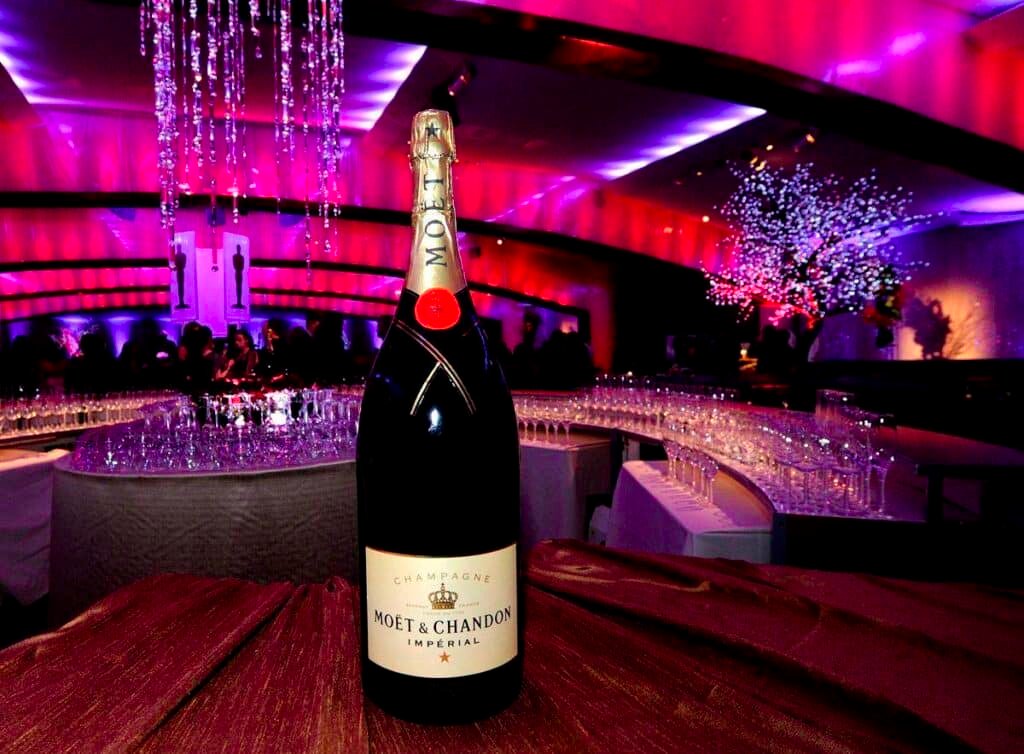Dubai’s dynamic approach to taxation is shifting again as authorities have confirmed Dubai reintroduces 30% alcohol sales tax for 2025. This comes after a two-year suspension that allowed businesses and consumers some respite in pricing across the emirate.

The Background: A Two-Year Suspension
The 30% alcohol sales tax was initially scrapped at the start of 2023, marking the beginning of a trial period intended to last one year. The move aimed to boost tourism and make Dubai’s nightlife and hospitality sectors more competitive globally. While no official announcement extended the suspension into 2024, the policy quietly remained in place for another year, benefitting both businesses and consumers.

During this time, restaurants, bars, and hotels purchasing alcohol from distributors MMI and African+Eastern enjoyed significant cost reductions, which trickled down to consumers, particularly in retail purchases. However, the pricing structures in bars and restaurants varied due to the inclusion of other operational costs such as rent, labour, and logistics.

What the Tax Return Means
From 2025, the alcohol sales tax will once again be levied on all alcoholic beverages sold to businesses. Dubai Municipality has instructed suppliers and establishments to prepare their systems for compliance with the reinstated tax.

A statement shared by African+Eastern, one of the key alcohol distributors in the UAE, read:
“Please note, Dubai Government have informed us the 30% Municipality tax on alcoholic beverage purchases will be reinstated effective January 2025. This will be effective on all orders invoiced from Wednesday January 1 2025. Dubai Municipality requests all necessary systems are in place to ensure full compliance with this fee.”
The Implications for Businesses
For restaurants, bars, and hotels, the reinstatement of this tax means higher purchasing costs for alcoholic beverages. While the hospitality sector may not pass the full 30% increase onto consumers, it is likely to reflect in revised pricing menus across establishments. Businesses will also need to carefully adjust operational budgets to account for the additional expenses.

Impact on Consumers
Retail consumers may notice a sharper rise in alcohol prices at distributors like MMI and African+Eastern, as the 30% tax is directly applied. However, within restaurants and bars, the price adjustments may not translate to a direct 30% increase, as establishments will consider broader operational factors when setting final prices.

Why Now?
The decision to reinstate the tax likely aligns with Dubai’s broader fiscal strategies, including revenue diversification and sustainability goals for the emirate. After the pandemic, the suspension of the alcohol tax was a strategic move to attract tourists and bolster the hospitality industry. Now, with Dubai’s tourism sector experiencing strong recovery and growth, authorities may feel the market is resilient enough to absorb the tax reintroduction without significant impact on its competitiveness.

Preparing for the Shift
With the clock ticking toward January 2025, businesses and consumers are gearing up for the transition. Hospitality venues will need to reevaluate their pricing strategies to balance competitiveness with profitability, while consumers might want to enjoy the lower prices through 2024 before the tax takes effect.



